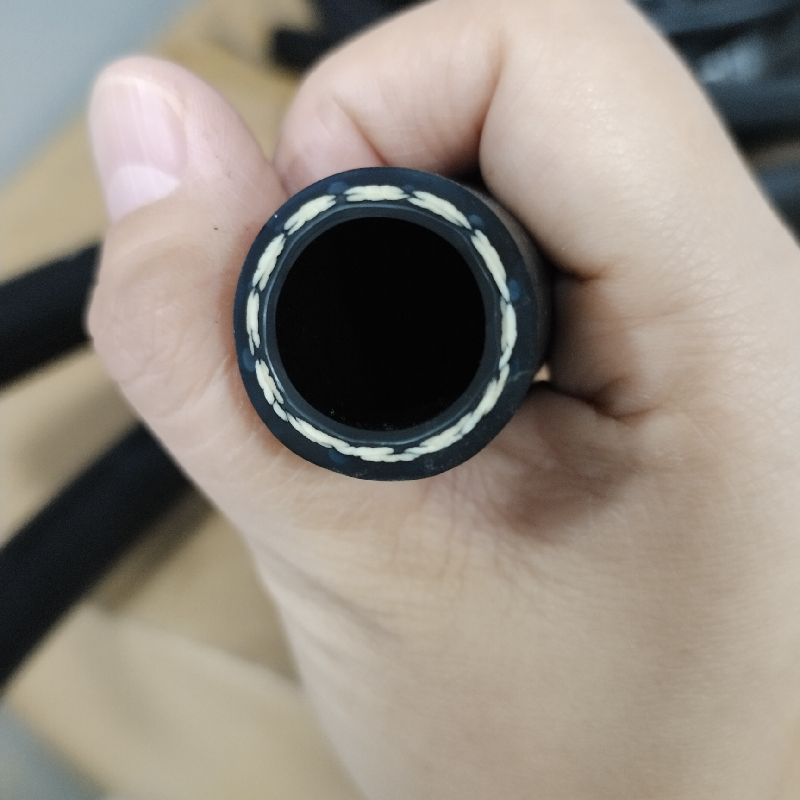fuel oil delivery hose
Sep . 28, 2024 10:39 Back to list
fuel oil delivery hose
The Importance of Fuel Oil Delivery Hoses
Fuel oil delivery hoses are crucial components in the transportation and handling of fuel oils, ensuring safe and efficient transfer to various applications, such as power generation, marine operations, and heating systems. These hoses are designed to withstand the rigors of transferring viscous liquids while maintaining integrity under pressure, temperature fluctuations, and environmental challenges.
One of the primary functions of fuel oil delivery hoses is to provide a reliable means for transporting fuel from storage tanks to service vehicles or machinery. They are constructed using advanced materials that offer high resistance to abrasion, chemicals, and weathering, ensuring long-lasting performance. Common materials used in manufacturing these hoses include synthetic rubber and thermoplastic, which help to prevent leaks and bursts that could lead to hazardous spills.
Safety is paramount when dealing with fuel oils, which are flammable and pose environmental risks
. Therefore, fuel oil delivery hoses are equipped with features that enhance their safety during operation. Many hoses are designed with anti-static properties to prevent the accumulation of static electricity that could ignite vapors. Additionally, they often come with built-in protective layers to guard against mechanical damage and environmental factors, thereby increasing their lifespan and reliability.fuel oil delivery hose

Another significant aspect to consider is the maintenance of fuel oil delivery hoses. Regular inspection and testing are essential to ensure that the hoses do not show any signs of wear, such as cracks or soft spots. Maintaining optimal conditions means that operators can identify potential risks before they escalate into serious issues. Organizations employing these hoses should implement a routine maintenance schedule, which includes cleaning, proper storage, and timely replacement of damaged hoses.
Fuel oil delivery hoses are also subject to various regulations and standards. Compliance with industry standards, such as those set by the American Petroleum Institute (API) and other relevant organizations, ensures that the hoses are not only safe to use but also efficient in operation. Adhering to these standards minimizes the risk of accidents and enhances the overall reliability of fuel delivery systems.
In summary, fuel oil delivery hoses play an integral role in the efficient and safe transfer of fuel oils across various sectors. Their robust construction, safety features, and adherence to strict regulations make them indispensable in the fuel supply chain. As the industry continues to evolve, advancements in technology and materials will further enhance the efficacy and safety of these essential components, ensuring that they meet the demands of an ever-changing energy landscape. Investing in high-quality fuel oil delivery hoses and prioritizing regular maintenance will ultimately contribute to safer and more efficient operations in the fuel handling process.
